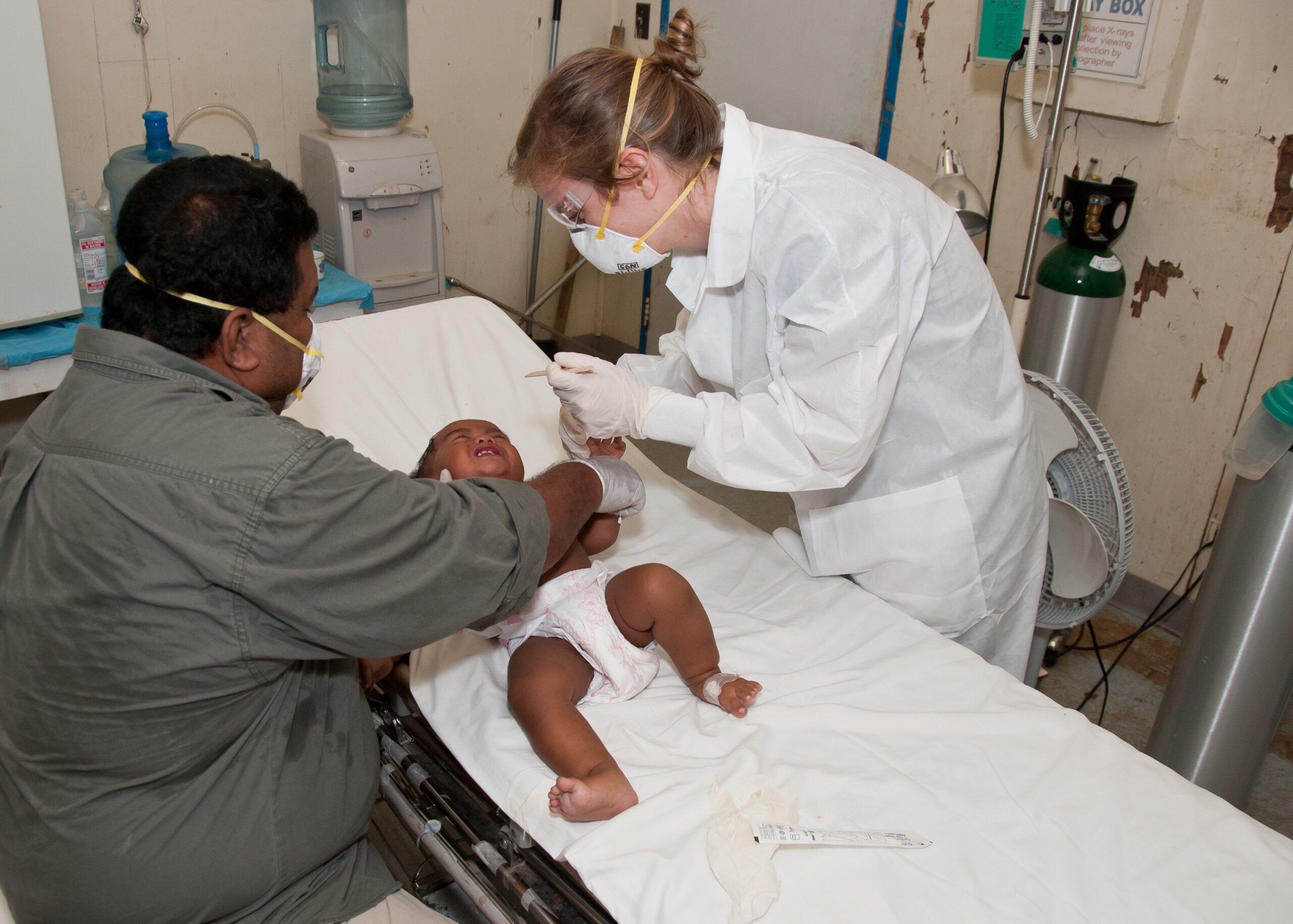The healthcare industry positions itself well for broad expansion. The healthcare sector offers a wide range of occupations, regardless of your abilities and educational background, which is good news. Hospitals, medical devices, clinical trials, outsourcing, telemedicine, medical tourism, health insurance, and medical equipment comprise India’s healthcare sector. Public and private entities expand services, coverage, and spending, leading to an increase in the healthcare sector. As per the U.S. Bureau of Labor Statistics, survey, jobs such as physician assistants and associates will continue to be in high demand due to an expanding and aging population. The range of available treatments will continue to expand due to an increase in patients with chronic diseases, rising incomes, and advances in medical technology. Here is a list of the best healthcare jobs to consider:
Best Healthcare Jobs
1. Nurse Practitioner:
Nurse practitioners are educated, and certified professionals who manage patients’ medical conditions by treating illnesses and injuries and promoting disease and injury prevention. The healthcare industry places excellent responsibility on advanced-practice registered nurses. They should have earned a graduate nursing degree and completed the training and certification necessary for a Nurse Practitioner license. Their duties overlap with those of medical doctors and physician assistants.
A dedication to the nursing and healthcare industries is necessary to become a nurse practitioner. While the path may only sometimes be smooth, it is often uncomplicated. A valid registered nurse license from your state, a master’s degree or doctorate in nursing, and national certification in a particular area of nursing practice are all prerequisites for becoming a nurse practitioner.
2. Speech-Language Pathologist:
A speech-language pathologist, usually referred to as a speech therapist, is a medical specialist who detects and resolves issues with swallowing and communicating. A speech-language pathologist is responsible for numerous tasks. They frequently evaluate a person’s swallowing or speech abilities, pinpoint underlying problems, devise an individualized treatment plan, carry out therapy, and maintain records to track their progress. Every service they provide is referred to as “therapy.”
The Council on Academic Accreditation in Audiology and Speech-Language Pathology has recognized programs for the master’s degree required for speech-language pathologists. Following graduation, a minimum of 1,260 hours of work is required during a one-year clinical fellowship (or medical training period) under the supervision of a licensed SLP.
3. Veterinarians:
Veterinarians are medical professionals who treat animals. All animal species, including cats, dogs, birds, horses, cows, rabbits, and sheep, are treated for illnesses and injuries by these professionals. Veterinarians also support public health by ensuring food safety, managing animal diseases, and preventing the spread of disease between humans and animals. The majority of veterinarians work at veterinary hospitals and private clinics. Some work for themselves. Others work for the government or in labs. Few veterinarians work with large animals like cows and horses, and they frequently complete the majority of their work outside. Some veterinarians perform research or teach at universities or other institutions besides their clinical responsibilities.
Earning a veterinary science degree is one of the most crucial steps in preparing for a veterinarian career. Students must earn a degree in veterinary science from a recognized tertiary institution and obtain a license to practice to become veterinarians. You can pursue many other degrees, but they all require excellent biology, chemistry, and physics knowledge. Following your theories, future veterinarians must decide whether to focus on small or large animals. It will depend on their preferences, attributes, and the requirements of the medical facilities in their neighborhood.
4. Respiratory Therapist:
Certified medical specialists known as respiratory therapists specialize in treating lung and breathing issues. Not being doctors, they diagnose and track your disease. However, they collaborate closely with your doctors. Respiratory therapists deal with breathing or airway issues resulting from various ailments and incidents. They might work in ERs, ICUs, clinics for outpatient care, nursing homes, or sleep facilities. Whereas some focus on working with seniors or babies, and young children.
Candidates who have completed the 10+2 Physics, Biology, and Chemistry program with at least 60% overall qualify to enroll in a B.Sc. Respiratory Therapy program. Admission is awarded for the course based on merit or through admissions exams administered at the federal, state, or university level. BITSAT, VITEEE, SRMJEE, and other well-known entrance exams are some common ones for B.Sc. Respiratory Therapy admission.
4. Nurse Anesthetists:
Nurse anesthetists provide anesthesia and other therapies during surgery or other medical procedures to keep patients from feeling pain. They are called “certified registered nurse anesthetists” or “nurse anesthesiologists.” Despite having distinct educational backgrounds, nurses and physician anesthetists (anesthesiologists) use the same techniques to provide anesthesia. According to studies, the outcomes of treatments given by nurse anesthetists and physician anesthetists are equally safe, high-quality, and effective.
A certified registered nurse or anesthetist must complete six to seven years of education. Seven or eight years are required to become a certified registered nurse anesthetist. In addition to the educational requirements, applicants must have at least one year of acute care clinical experience as a registered nurse before being accepted into a CRNA school program.
Closing remarks
There are numerous other healthcare-related professions besides those that have already been mentioned. In conclusion, the healthcare sector encompasses a wide range of job choices. Many possibilities may arise depending on your area of interest and preferred specialization.


